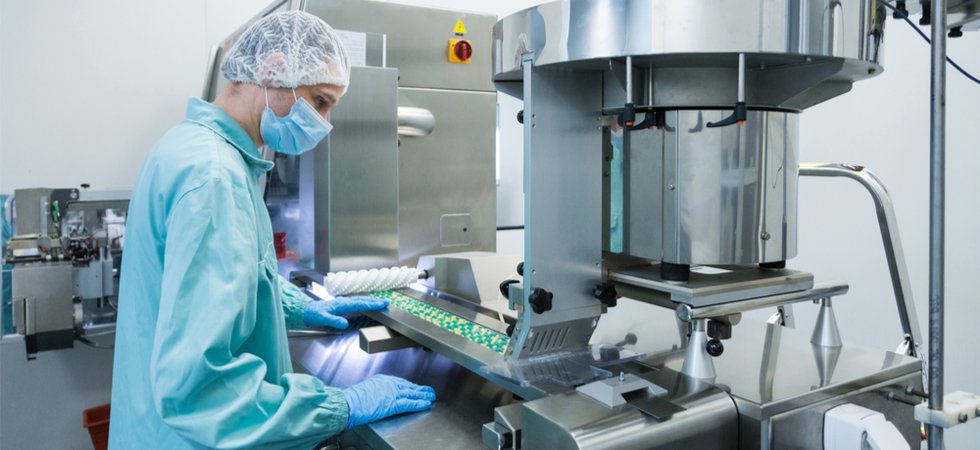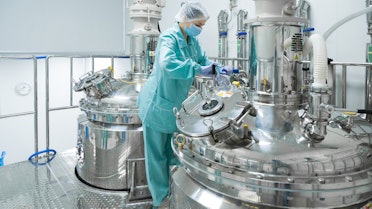ONFAB director Mike Brown explains the growing use of HPAPIs and the demand for flexible containment that this has created.
The use of highly potent active pharmaceutical ingredients (HPAPIs) in drug development has increased markedly across Europe and the US in the last couple of decades – particularly as oncology research has advanced and targeted therapies have become more commonplace.
This has created an urgent need for drug manufacturers to upgrade the equipment they are using in their production lines and improve the processes they have in place for handling highly potent compounds, so they are HPAPI ready.

The nature of these ingredients means they can be dangerous in small quantities and therefore come with strict handling requirements. HPAPIs also have unique properties, meaning there is no universal solution for all – the more potent the compound, the greater the need for a higher level of containment. Additionally, in a contract manufacturing scenario, the type of drug being manufactured is likely to change regularly, meaning production facilities will need to be altered each time.
This is why many more manufacturers are choosing to invest in containment technology. This technology not only keeps employees protected and prevents cross-contamination, but it also enables them to improve their drug yields and processing quality.
Containment solutions can also easily be installed, based on each manufacturer’s requirements. Process equipment that they already have in their labs can be retrofitted with flexible containment technology in just a few days.
The benefits to this technology are clear – manufacturers are able to throw away disposable elements, rather than relying on a traditional rigid isolator where they would need to go through the process of cleaning all equipment down each time a new drug is manufactured. This, in turn, removes the risk of cross contamination and saves manufacturers both the time and cost that come from delaying production for cleaning.
As the use of targeted therapies grows, containment technology will continue to play a key role in helping manufacturers to quickly and safely develop advanced drugs, that allow us to better treat conditions such as cancer and prevent fatal diseases.

